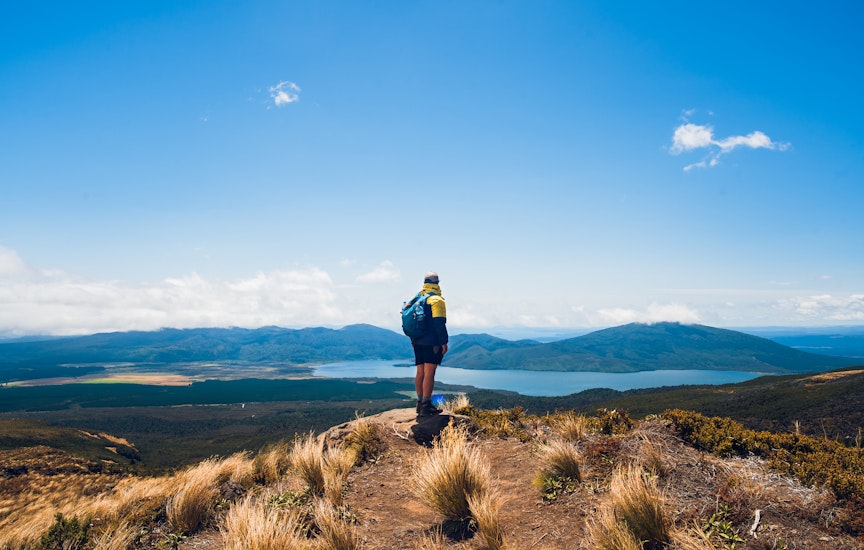
The 30 best countries, cities and regions to visit in 2025

Feb 26, 2020 • 2 min read

Since launching its Project Green initiative in 2017, Air New Zealand has recovered 890 tons of landfill-bound waste @ Rusell Hendry/Getty Images
Airline passengers generate tons of cabin waste each year – more than 6.7 million in 2018 alone, and much of it in plastics, according to the International Air Transport Association. But since the launch of its waste-reduction initiative two years ago, one carrier has diverted the equivalent weight of five 777-300 planes, or two A320s, from the landfill.

Before Air New Zealand introduced Project Green in late 2017, items that had been unused during flight service were either incinerated or trashed, even if they remained sealed and untouched. Now, more than 40 kinds of products, from soda cans and packs of cookies to boxed tea and napkins, can be put on another flight, effectively redirecting 890 tons of waste.
To date, the carrier says the reclassification of unused items has recovered 85 tons of 1.5-liter water bottles, more than 11.5 million plastic glasses, and more than four million sticks of sugar. The program’s rollout in Auckland, Wellington, Christchurch, Queenstown, and Los Angeles has also provided data on the airline’s flight-loading requirements, shining a light on opportunities to reduce waste at the source, even before service items are loaded onto the plane, according to Air New Zealand general manager of supply chain Chloe Surridge.
"We are also working on ways to further segregate the waste that is collected inflight (for example soft plastics and compostables),” Surridge said in a press release, adding that the lack of a viable recycling and composting infrastructure is a major impediment to reducing landfill-bound waste. “More robust infrastructure across the country, including in the regions, would help us keep compostables and recyclables out of landfills…. We are looking to make impactful sustainability gains, and in order to do this, we have to enable those bigger conversations through relationships with our suppliers and business partners.”
Plan with a local
